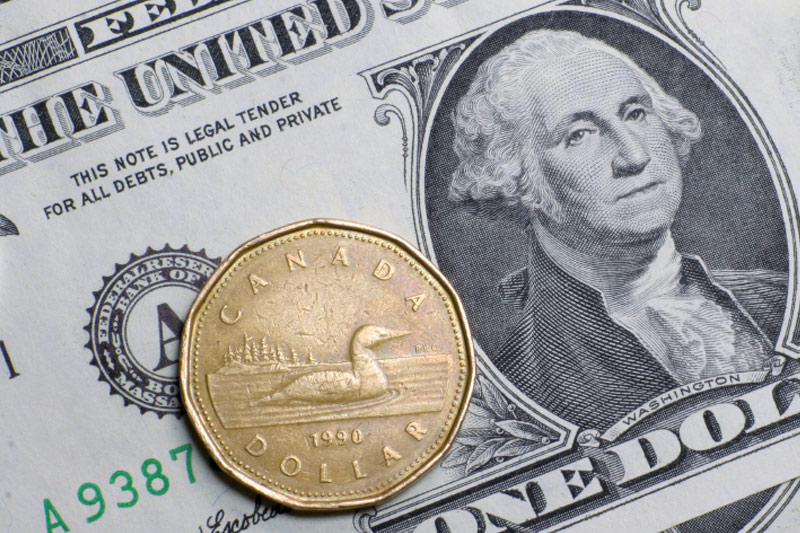Investing.com - The U.S. dollar slid lower against its Canadian counterpart on Friday, after mixed economic reports from Canada and as sentiment on the greenback remained vulnerable after the Federal Reserve's latest policy statement.
USD/CAD hit 1.2642 during early U.S. trade, the session low; the pair subsequently consolidated at 1.2661, declining 0.43%.
The pair was likely to find support at 1.2504, Thursday's low and resistance at 1.2835, the high of March 18 and a six-year high.
Statistics Canada said that retail sales dropped 1.7% in January, compared to expectations for a 0.7% fall. December's figure was revised to a 1.8% decline from a previously estimated 2.0% slump.
Core retail sales, which exclude automobiles, declined 1.8% in January, exceeding the expected 0.4% slip, after a 2.3% drop the previous month.
In a separate report, Statistics Canada said that consumer prices rose 0.9% last month, more than the expected 0.7% increase, after a 0.2% fall in January.
Core consumer prices, which exclude the eight most volatile items, advanced 0.6% in February, compared to expectations for a 0.5% rise, after a 0.2% uptick the previous month.
Year-on-year, Canada's consumer prices rose at a rate of 1.0% last month, in line with expectations and unchanged from January.
Meanwhile, the dollar remained fragile after the Fed indicated on Wednesday that U.S. economic growth has moderated and that interest rates will rise at a slower pace than previously forecast.
The Fed dropped a reference to being "patient" on the timing of rate hikes, but added that the change in its forward guidance did not mean it has decided on the timing for an initial rate increase.
The loonie was lower against the euro, with EUR/CAD gaining 0.81% to 1.3665.
The single currency found support after European Union leaders said earlier Friday that Greece has agreed to come up with a new reform plan in the coming days to secure the additional bailout funds required to prevent the country's bankruptcy.
Ahead of the talks, European Parliament President Martin Schulz had warned that Greece’s financial situation was "dangerous", with debt payments looming.
